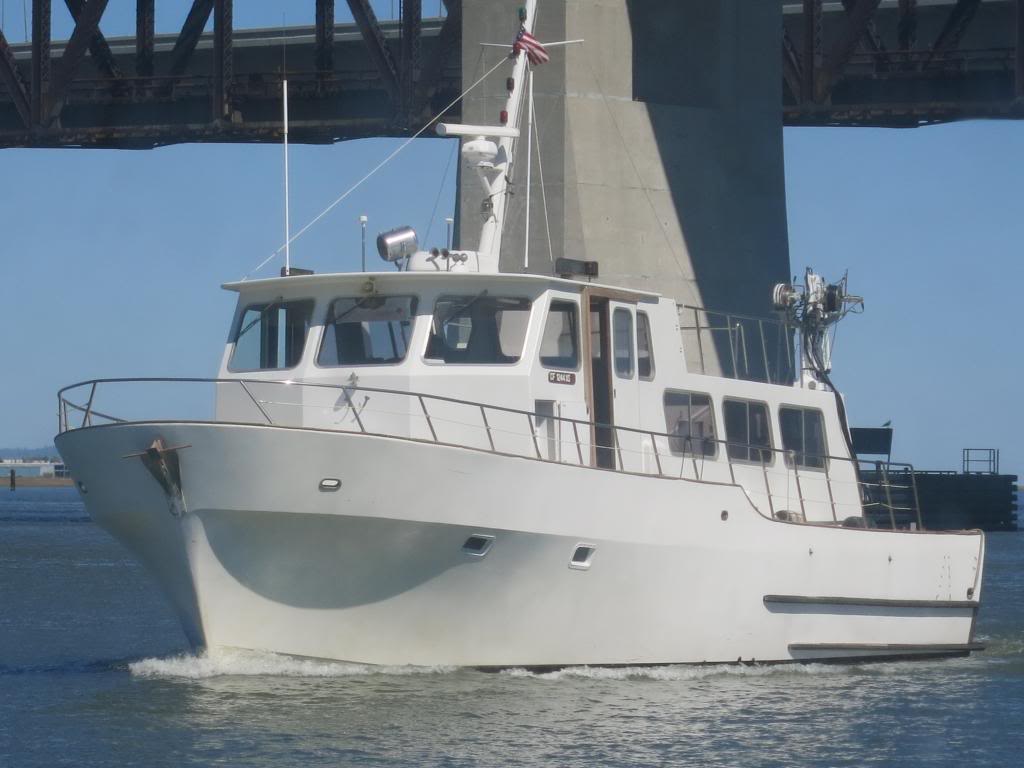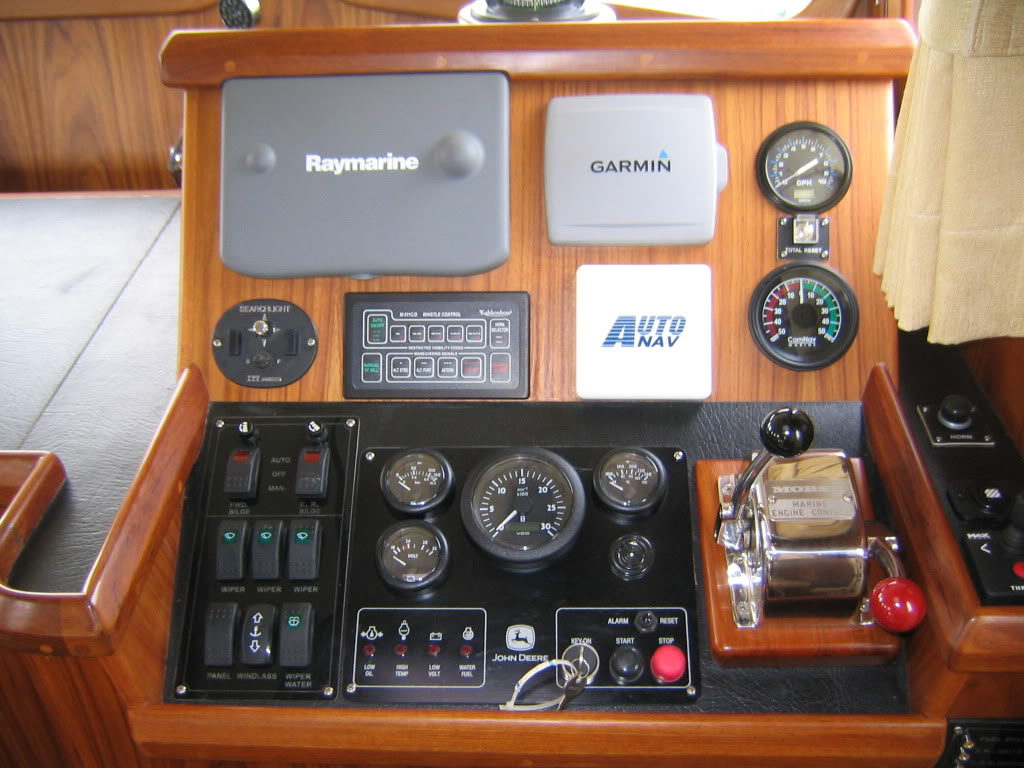ranger58sb
Guru
Just because some people don't answer the radio doesn't mean you should give up on all boaters you want to pass. Courtesy and rules of the road are there for a reason.
Yep, absolutely.
But some wake-sensitive folks could certainly make things much easier on themselves sometimes...
-Chris


